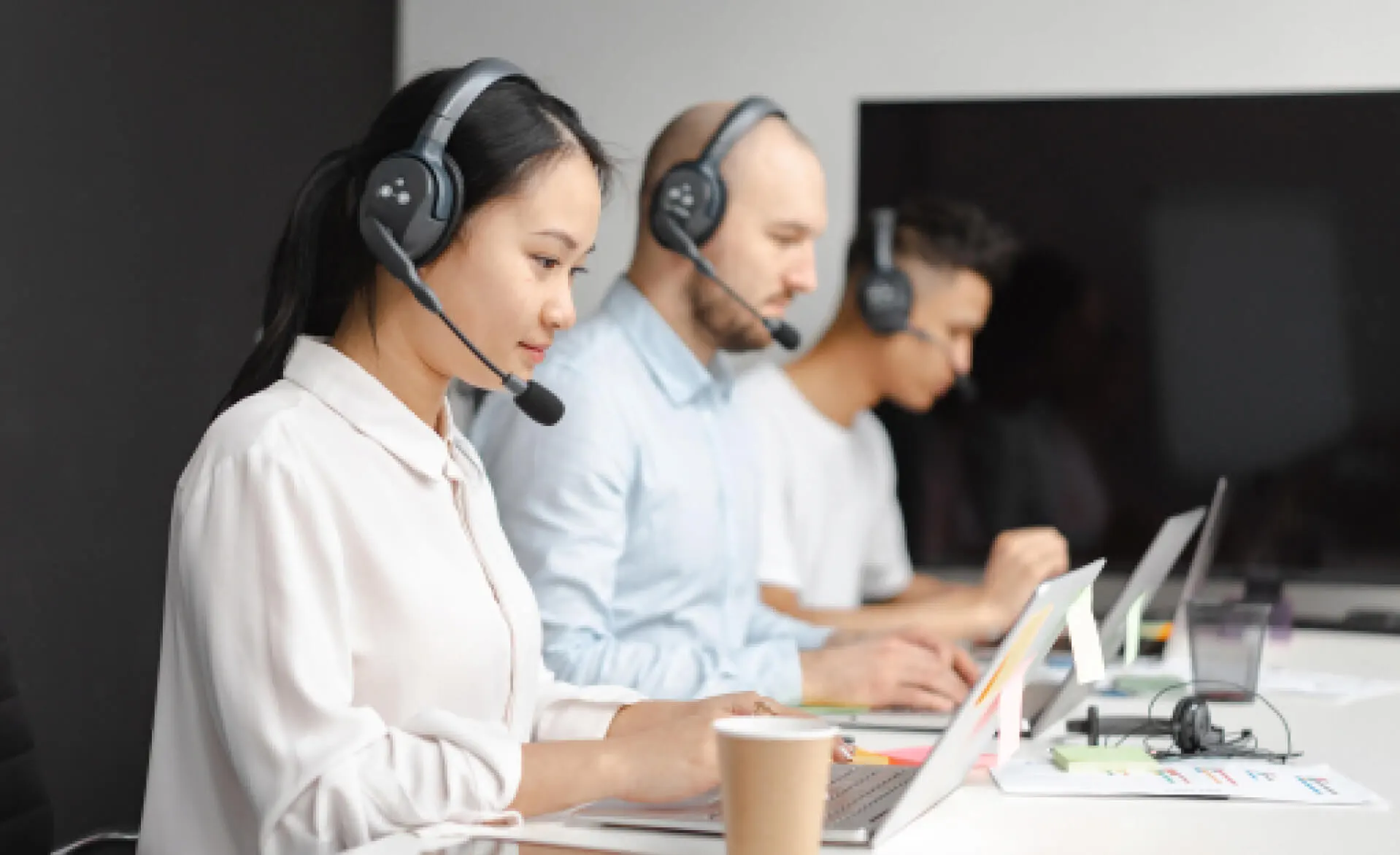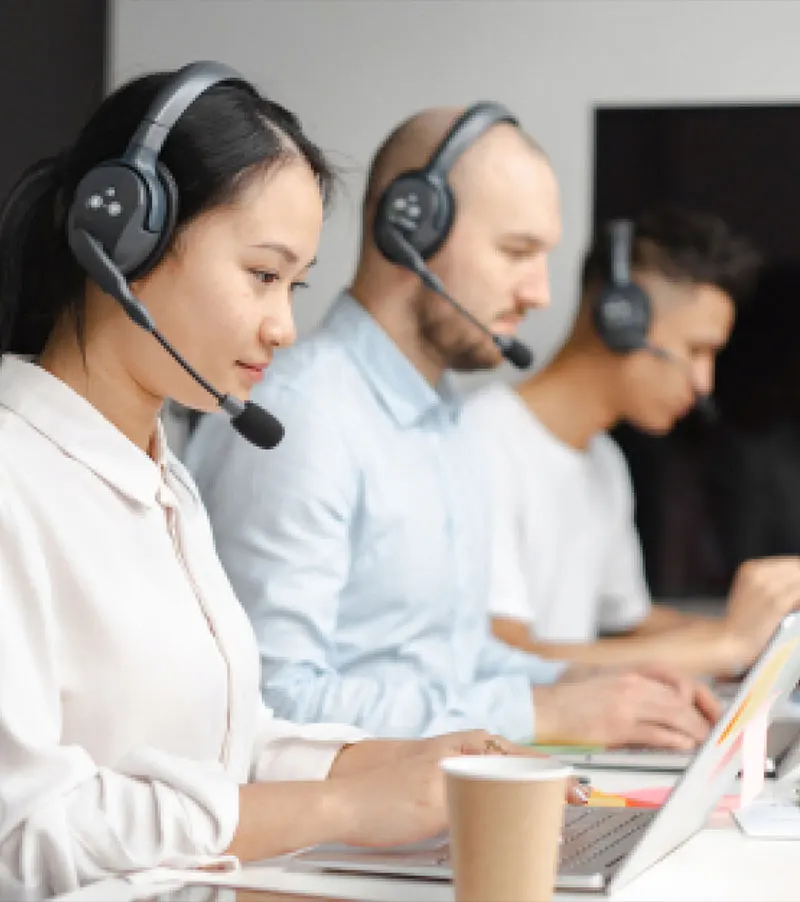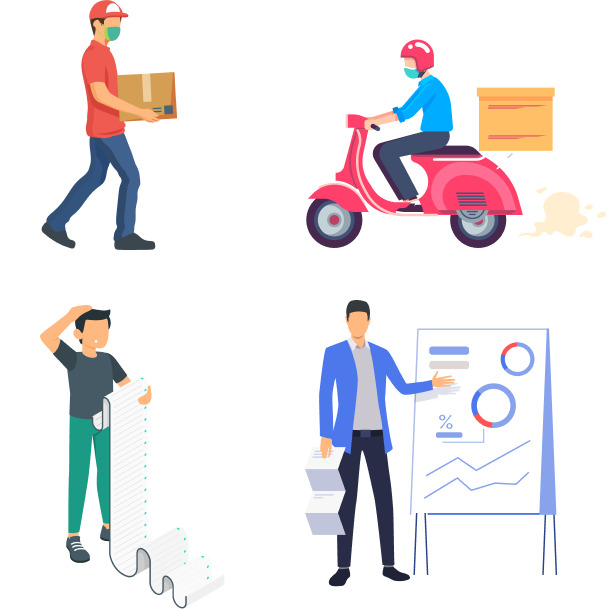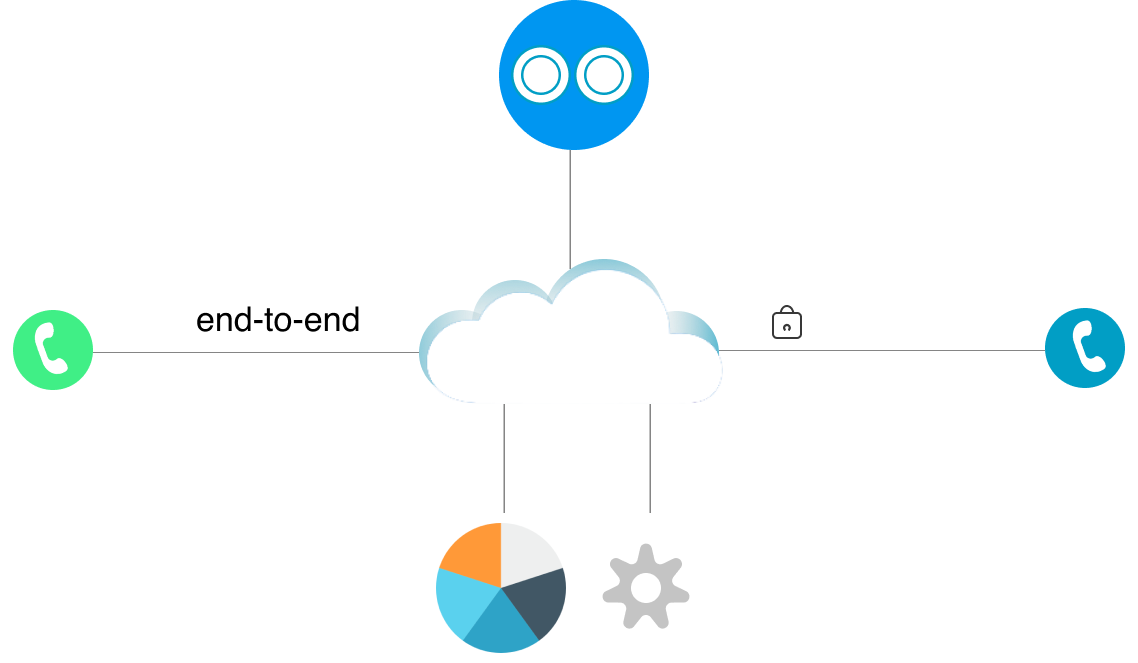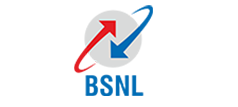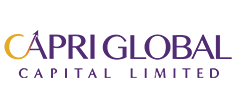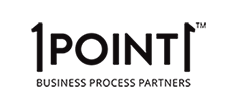What are call recordings used for?
1. Customer service improvements
If your company is client-focused in any manner (which it should be!), you'll want to keep improving your customer service.
You may ensure that the team is following rules or norms by listening to prior calls. Furthermore, being able to check recordings allows you to quickly identify any gaps in customer care as well as the most common customer complaints.
In Dialpad, for example, you may create a playlist of client call records that indicate areas for improvement:
This will make it easy for you to come up with suggestions for how to enhance your customer service and focus on quality management and improving legacy phone systems.
2. Education
A high worker turnover rate is one of the most serious issues that contact centers face. Let's be honest, agents at call centers burn out frequently and quickly. And if you run a call center, this means you're virtually always training new employees. Finally, it has an impact on your bottom line. Of course, training is essential, but recorded conversations may be a simple method for new recruits to learn on their own and grasp the proper and incorrect ways to handle calls. They can also assist with advanced training for current employees. Dialpad, for example, is very useful for training purposes and speech analytics since it not only allows you to record calls, but it also allows you to replay them.
3. Dispute resolution
Wouldn't it be fantastic if every call went off without a hitch and every customer left satisfied? That, of course, does not occur for a variety of reasons. Every day, most call centers get conflicts or complaints.
Call records can aid in the resolution of many of these disagreements, particularly in "he said/she said/they said" situations. (It's also worth mentioning that a recorded call can serve as a verbal contract in specific cases.)
4. Adherence
Your company may be in an industry with stringent rules and regulations that must be followed in every location where it operates. Having phone records may protect you—and could be the difference between a little squabble and a lawsuit.
This has some overlap with training, because this data may be used to ensure that agents are obeying the rules when it comes to things like identification checks.
